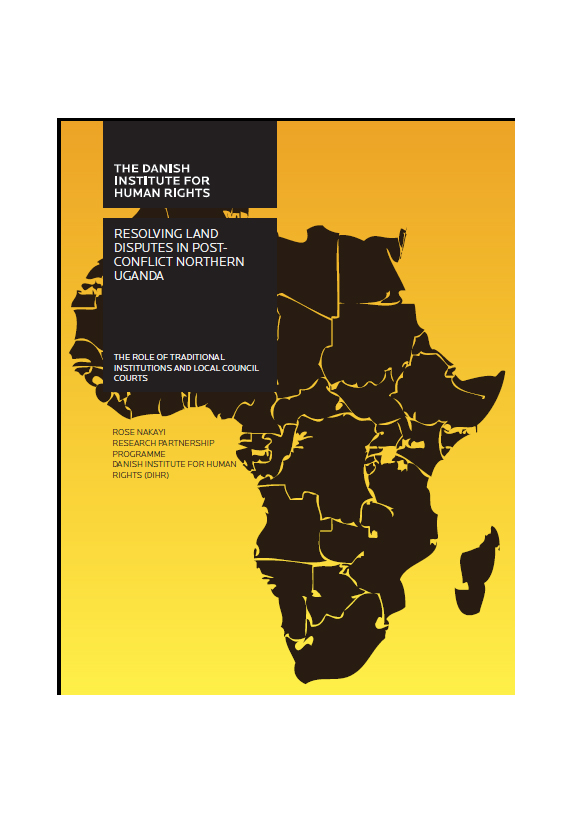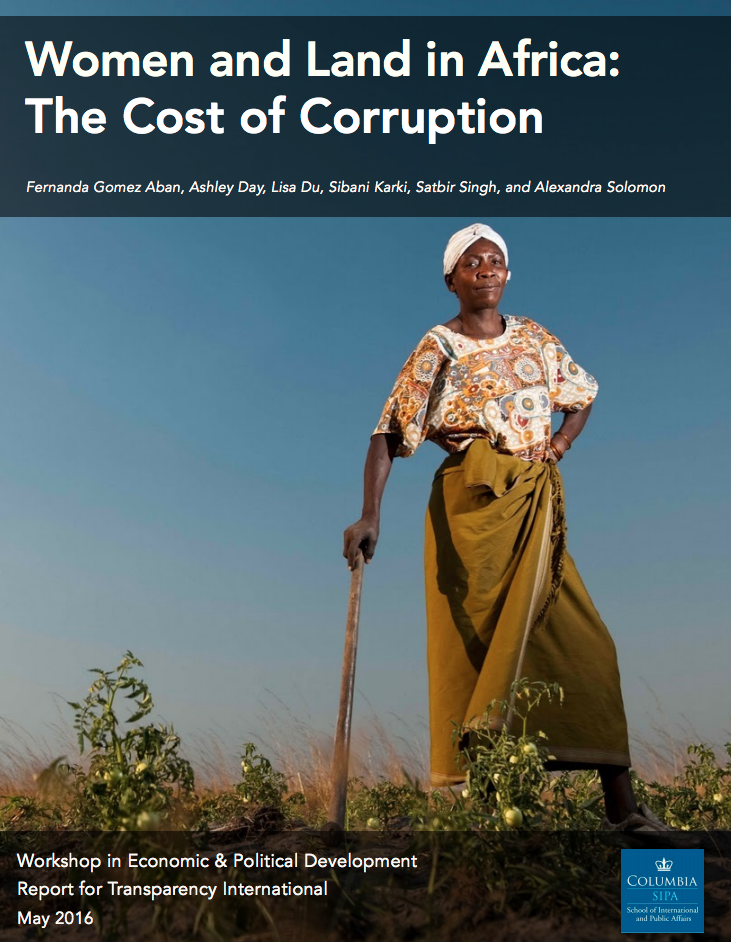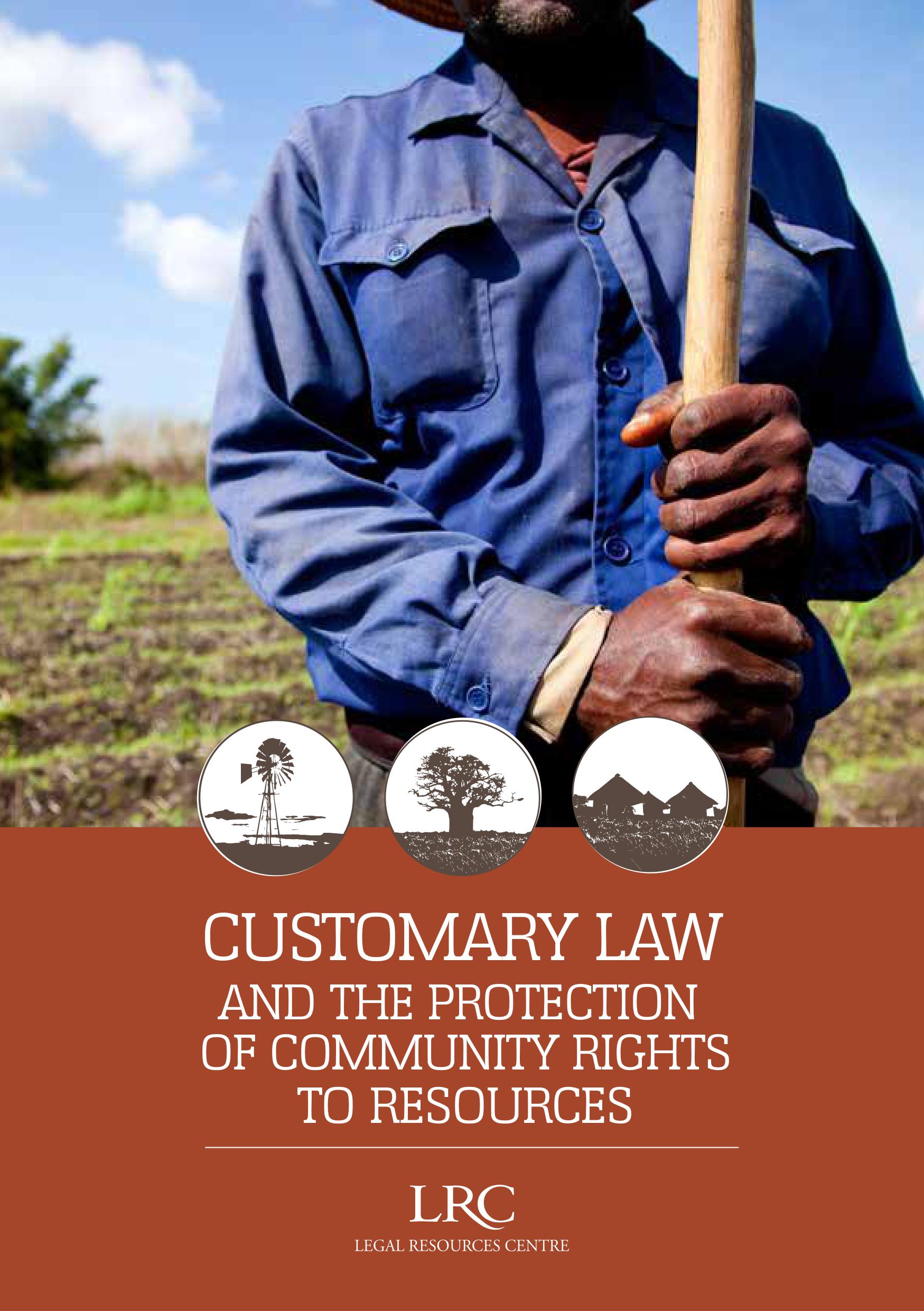Developing a Land Conflict Monitoring and Mapping Tool for the Acholi Sub-Region of Northern Uganda
Well before the effective ending of the protracted Lord’s Resistance Army (LRA)
insurgency in northern Uganda in July 2006, and at a time when the entire rural
population was displaced into camps, concerns had emerged around land, in particular
in the Acholi sub-region, where the war had been most intense and longest lasting
(Adoko & Levine 2004). Through forced displacement, almost all rural Acholi
families has been prevented from occupying their land for many years, years in which









